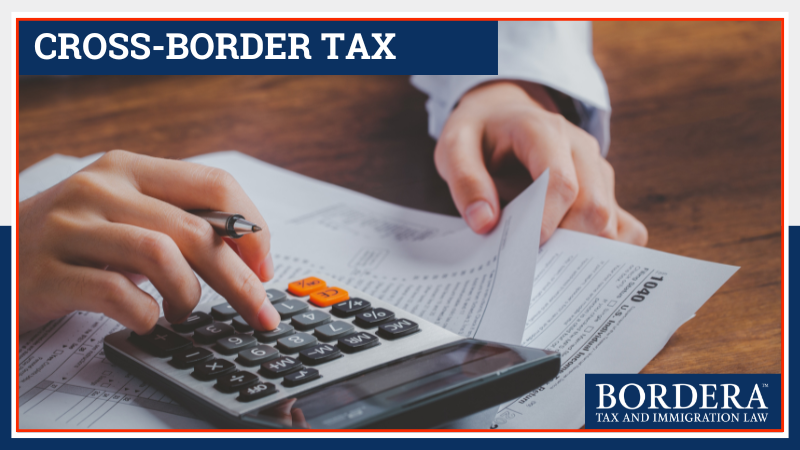
For U.S. citizens living in Canada, cross-border tax reporting can feel overwhelming. FATCA, dual tax filings, and complicated rules around investments make even routine financial planning difficult. Many expats discover that selling a home, contributing to retirement accounts, or running a business can trigger unexpected U.S. tax consequences. The burden isn’t always about paying more tax; it’s about the time, cost, and restrictions that come with compliance. At Bordera Tax and Immigration Law, we guide clients through these challenges, helping them avoid penalties and simplify their reporting. Whether you live in Canada or the US, contact us today for expert cross-border tax advice.
For U.S. citizens abroad, one of the biggest surprises is the sheer complexity of tax compliance. Unlike most countries, the United States taxes its citizens on worldwide income, no matter where they live. That means an American in Canada must file both with the IRS and the CRA, creating overlapping requirements. Even when no extra tax is due, the reporting obligations can be extensive. These filings often require professional help, adding cost and stress every year. For families and business owners, the stakes are even higher, as investments, estate planning, and business operations may trigger IRS scrutiny.
The Foreign Account Tax Compliance Act (FATCA) requires Canadian banks to identify and report U.S. citizen clients. While designed to prevent tax evasion, FATCA has created major obstacles for expats. Many find themselves locked out of investment opportunities or facing higher fees. Retirement planning strategies available to Canadians may not work the same way for Americans, leaving expats with fewer options to grow their savings and this is why understanding cross-border taxation is vital.
Every U.S. citizen in Canada must file an annual U.S. tax return, even if they owe nothing. On top of CRA filings, this doubles the paperwork and requires specialized knowledge. The process is time-consuming and often requires costly professional support to ensure accuracy. Mistakes can lead to penalties, even for unintentional errors. Over time, this compliance burden wears down many expats and becomes a major reason they consider renunciation.
Selling a home is another area where cross-border rules create problems. In Canada, the primary residence exemption allows homeowners to avoid tax on gains from selling their home. For U.S. citizens, however, the exemption is limited to $250,000, meaning many face unexpected tax bills. This is especially true in cities like Vancouver or Toronto, where property values have soared. Without proper planning, a simple home sale can create a major cross-border tax issue.
Running a business or making investments across borders introduces another layer of difficulty. Certain Canadian corporate structures can be treated unfavourably by the IRS, creating reporting obligations and tax liabilities. Investment products that are tax-efficient for Canadians, such as TFSAs, may not carry the same benefits for U.S. citizens. Entrepreneurs and professionals must carefully coordinate their tax strategies to avoid double taxation or compliance pitfalls.
Cross-border taxation is not something most expats can manage on their own. The interaction between U.S. and Canadian rules creates traps that can easily be overlooked. Whether it’s real estate, business income, or simple retirement savings, U.S. citizens in Canada need tailored strategies to stay compliant and minimize risk. At Bordera Tax and Immigration Law, we work with clients across Canada to simplify their tax reporting and protect their financial goals. Contact us today for expert support navigating the challenges of cross-border taxation.
The U.S. taxes its citizens on worldwide income, so Americans abroad must file with both the IRS and CRA. Have more questions? Contact Bordera Taw and Immigration Law today and we will help you navigate the renunciation process.
FATCA requires banks to report U.S. citizen accounts, creating compliance hurdles and limiting financial flexibility.
Not always, but they face extra reporting and may lose access to Canadian exemptions, such as on home sales.